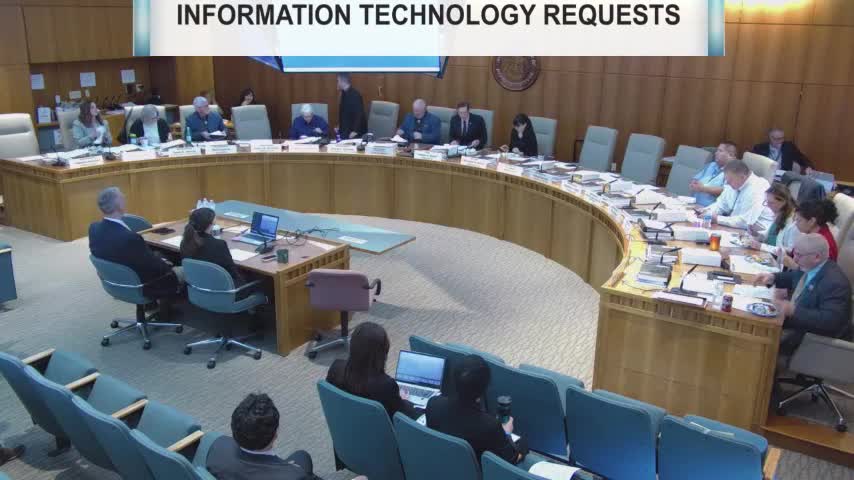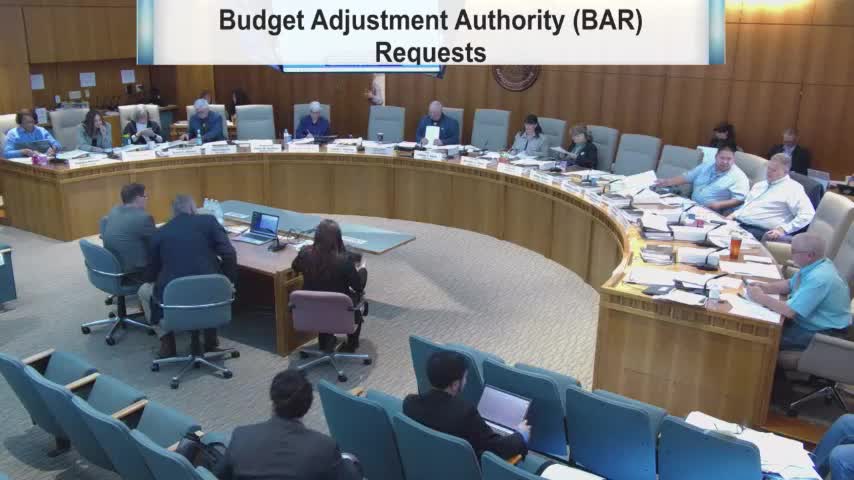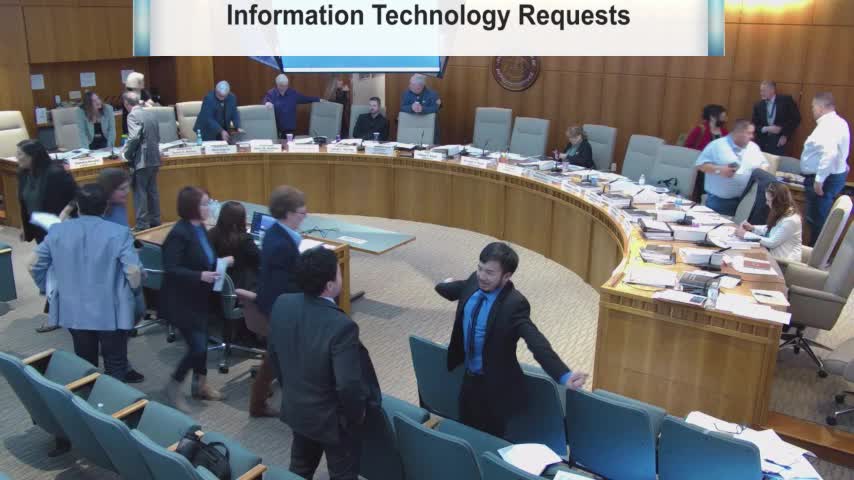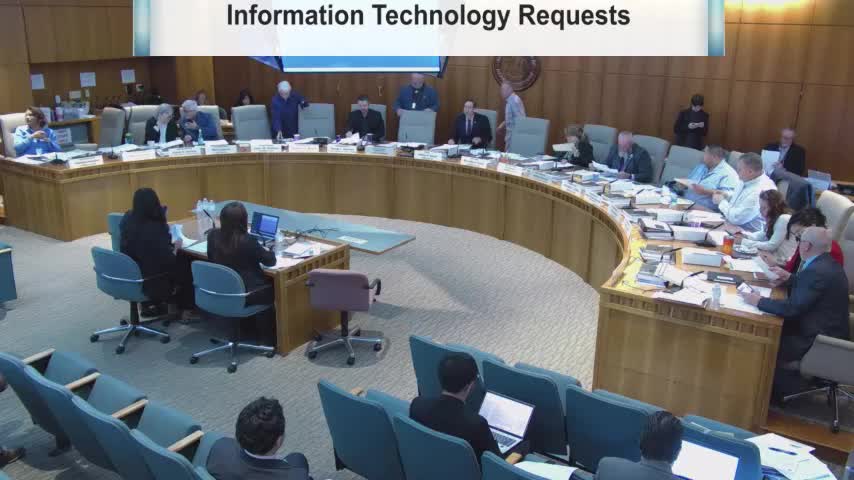Article not found
This article is no longer available. But don't worry—we've gathered other articles that discuss the same topic.

House Appropriations & Finance adopts subcommittee "catch up cleanup" package, adds one-time and recurring funding for victims, livestock inspections, and other

House panel adopts LFC recommendation for Indian Affairs budget; secretary seeks three staff positions and tribal planning funds

Lawmakers debate limits on budget adjustment authority; staff propose removing blanket start‑of‑year transfer authority

